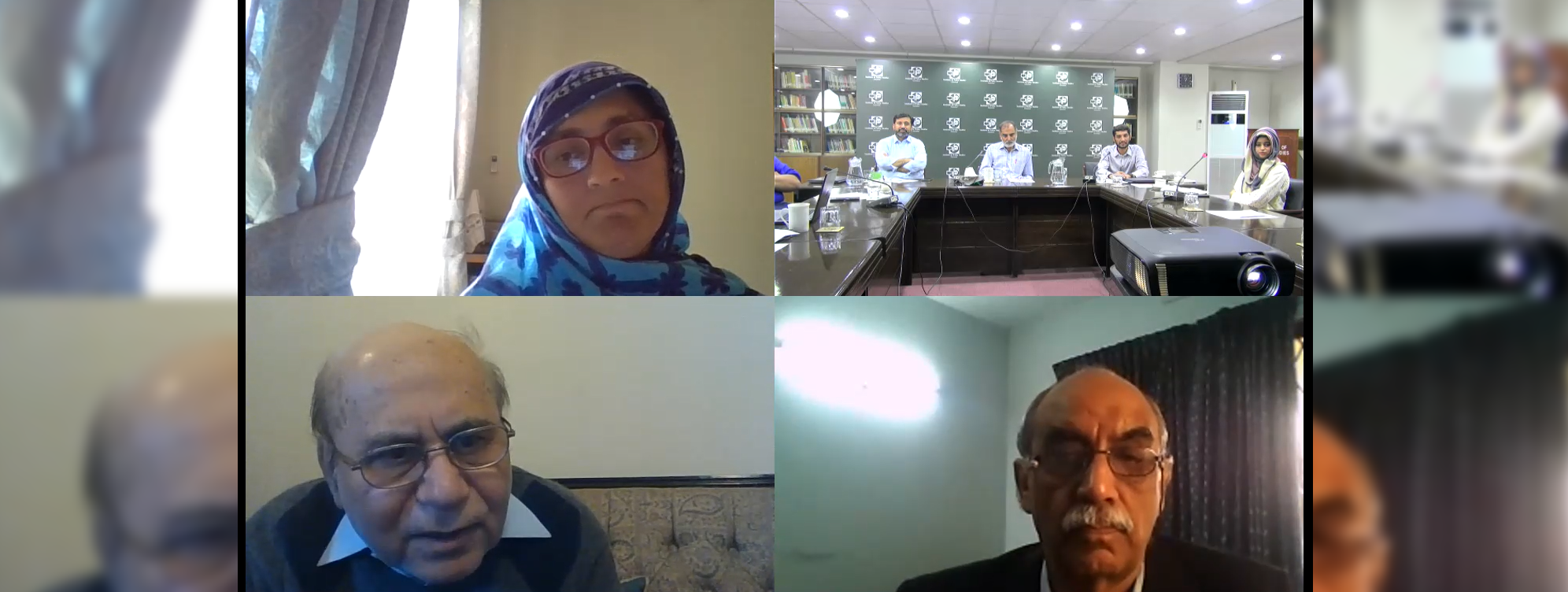IPS’ study on Grid-tied solar PV systems discussed
Some solar vendors in Pakistan are installing non-compliant, low quality PV modules which neither conform to international standards, nor adhere to the guidelines provided by the concerning government agencies. These substandard practices not only yield low efficiency and reduce cost-effectiveness of the module, but also raise risks of accidents, ultimately rusting the growth rate of solar PV uptake in the country.
These were the outcomes of an ongoing IPS’ study on grid-tied solar PV systems analyzing the procedural, regulatory and quality assurance incompliances, which was presented before IPS’ Steering Committee on Energy, Water & Climate Change on October 27, 2021.
The study – which was carried out with the joint persuasion of Alternative Energy Development Board (AEDB) and GIZ-Pakistan, and had active participation from AEDB, NEPRA, GIZ, IESCO, LESCO, REAP, SQF and several solar vendors and private companies -meant to assess the technical barriers in the installation of solar PV systems, quality compromise on PV modules in practice, the malpractices by distribution companies & solar vendors, and deployment of recommendations on third party validation procedures.
The meeting chaired by Mirza Hamid Hassan, chairperson, IPS Energy Steering Committee & former Federal Secretary, Ministry of Water and Power, was addressed by Khalid Rahman, chairman IPS, Ashfaq Mehmood, former federal secretary, Ministry of Water & Power, Naufil Shahrukh general manager operations, IPS, and Ameena Sohail, member, Board of Directors, IESCO & former legal advisor to NEPRA, whereas the presentation was delivered by IPS Energy Team members Hamza Naeem and Lubna Riaz.
It was mutually agreed in the meeting that the solar industry is facing serious issues w.r.t quality compromise in PV manufacturing, inadequate interconnection techniques and lack of advanced technical resources. Moreover, the root problems analyzed were pertaining to the import of solar accessories, challenges in interconnection of the system and the inertia arising from the power distribution companies. With these issues, it was revealed that some black sheep in the solar industry are affecting the overall pace, which in turn, shall affect the deployment of renewable distributed generation badly.
IPS presented the roadmap towards the introduction of third-party validation process to improve the quality of craftsmanship, solar accessories and better services for prosumers. It was established that third party inspection can improve and instruct the advanced deployment of solar PV systems in the country, for which all the stakeholders of the power sector are needed to make a general consent.












